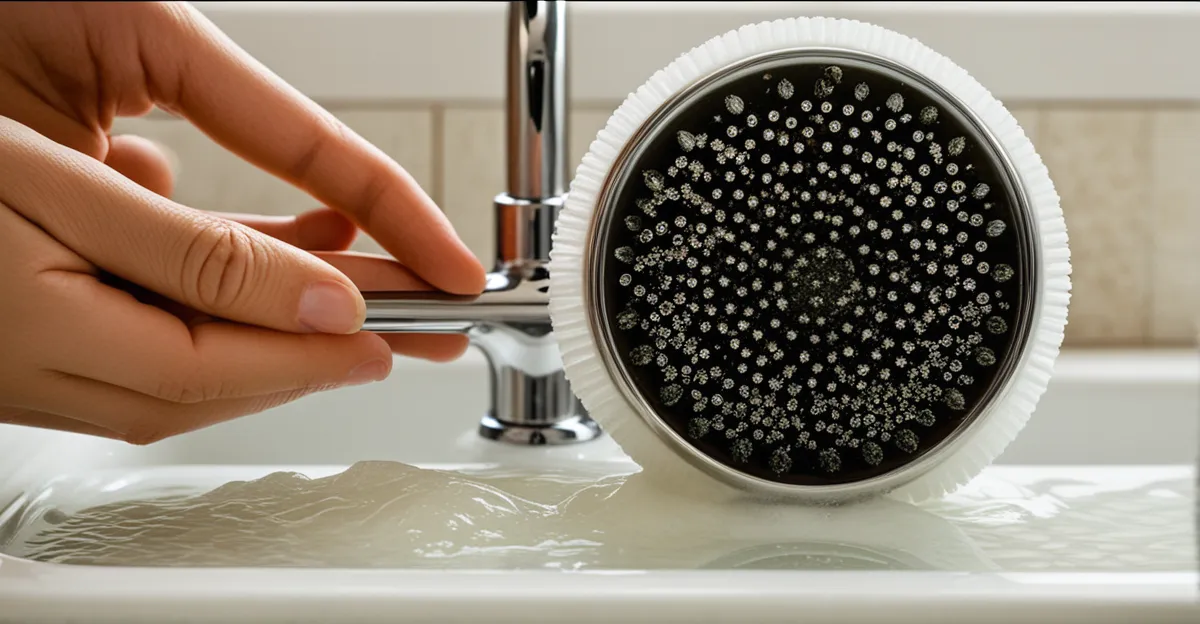Essential Daily Grooming Routines for UK Pets
Daily pet care is crucial in maintaining your pet’s health and comfort. For dog grooming in the UK, daily brushing helps remove loose fur, prevents matting, and distributes natural oils for a healthy shine. Short-haired dogs benefit from gentle brushing every day, while long-haired breeds may need more frequent attention. For cat grooming, brushing once or twice daily reduces hairballs and improves coat condition. Cats with thick or long fur especially benefit from regular grooming to avoid tangles.
Small pet hygiene also requires consistent routines. Small mammals like guinea pigs or rabbits need daily spot cleaning of their fur and gentle brushing to keep their coat clean and mat-free. Washing is generally less frequent but should be done with UK-suitable pet shampoos when necessary.
Also to read : What Are the Most Unconventional Pets Popular in the UK?
Choosing the right grooming products for UK climates is vital. Look for hypoallergenic, pH-balanced shampoos and brushes suitable for your pet’s coat type. Recognising early signs of skin problems, such as redness, flakes, or excessive scratching, allows prompt veterinary intervention. Maintaining daily grooming routines not only supports pet health but also strengthens the bond between you and your pet.
Effective Cleaning of Pet Bedding and Living Areas
Maintaining cleaning pet bedding and habitats is essential for overall pet health and comfort. For dog grooming and cat grooming, bedding should be washed at least once a week to remove dirt, hair, and allergens. Small mammals, like rabbits or guinea pigs, require more frequent cleaning—ideally every two to three days—to prevent bacterial buildup and odours caused by urine and food debris.
Also read : How Can Owning a Pet in the UK Impact Your Lifestyle?
When considering sanitising pet spaces, UK pet owners can use pet-safe disinfectants that effectively eliminate germs without harsh chemicals. Look for products specifically formulated for animals, avoiding bleach or ammonia-based cleaners that can irritate skin or respiratory systems. Regular vacuuming of pet areas also reduces loose fur and dander, contributing to daily pet care.
UK climates tend to be damp, which can encourage mould or bacterial growth inside enclosures. Ensuring good ventilation helps prevent odours and supports fresh airflow for pets. Additionally, absorbent liners or washable mats can aid in moisture control.
Incorporating cleaning pet bedding into your grooming routine improves small pet hygiene and supports allergy prevention for both pets and humans. Consistency ensures a safe, pleasant environment that complements daily brushing and bathing practices.
Parasite Control and Prevention in UK Pets
Parasite prevention is a cornerstone of maintaining UK pet health guidelines. Routine checks for fleas, ticks, and worms are essential; UK veterinarians recommend monthly flea prevention UK treatments, especially during warmer months when parasite activity peaks. Regular worming pets treatments are advised every three months or as guided by your vet.
The UK hosts specific parasite risks. Fleas thrive year-round indoors, requiring continuous flea prevention UK measures. Ticks are more common in rural or wooded areas, so tick control UK should involve checking pets after walks and using spot-on or oral preventatives tailored for UK conditions.
Seasonal considerations matter: in spring and summer, tick activity rises, while fleas can persist indoors even in winter. Combining parasite checks with regular grooming can help detect early signs of infestations—such as excessive scratching, hair loss, redness, or visible parasites—and prompt early intervention.
Understanding and following UK pet health guidelines for parasite control protects pets from discomfort and disease. Consistent use of vet-approved preventatives and awareness of local parasite risks ensures safer, healthier lives for dogs, cats, and small pets alike.
Proper Disposal of Pet Waste According to UK Standards
Understanding UK pet waste disposal is vital for responsible pet ownership UK-wide. Dog and cat waste must be disposed of in designated bins or flushed where appropriate, adhering to local council regulations to maintain public hygiene and prevent environmental contamination. Failure to comply may lead to fines under pet hygiene laws UK.
For small mammals, managing litter involves regular removal of soiled bedding and droppings, using biodegradable liners where possible. Waste should be bagged securely and disposed of through household refuse collection or composting if local guidelines permit.
UK pet owners should familiarise themselves with their area’s specific waste disposal rules. Many councils provide dedicated pet waste bins in public spaces, promoting hygiene and community health. Accessing these services is part of responsible pet ownership UK expects.
In addition to official disposal methods, using sealed bags and avoiding litter scattering helps reduce odours and pest attraction. Small steps like these align with pet hygiene laws UK and support cleaner, safer environments for all.
By adhering to waste management best practices, you not only comply with regulations but also contribute significantly to local environmental health and public awareness of responsible pet care.
Recommended Hygiene Products and Tools for UK Pet Owners
Selecting the best pet hygiene products UK ensures effective maintenance of your pet’s health. UK pet owners should prioritise vet-approved pet cleaning supplies that are gentle yet efficient. Look for shampoos that are hypoallergenic and pH-balanced, tailored to your pet’s skin sensitivity and coat type. Brushes designed for specific fur lengths help reduce shedding and prevent matting—key elements in daily pet care and pet grooming UK.
Leading brands in the UK offer diverse options for dog grooming, cat grooming, and small pet hygiene. For example, de-matting tools and slicker brushes help manage long-haired pets, while grooming gloves provide a gentle alternative for short-haired animals. Additionally, grooming wipes and ear cleaners can be vital for quick cleanups between baths.
Where to buy these products? Local pet shops in the UK often carry a curated range of high-quality, vet-approved pet cleaning supplies, allowing personal advice and product trials. Online retailers also provide convenience and customer reviews but ensure products adhere to UK pet health standards.
In summary, choosing the right tools and hygiene products supports your grooming routine, protects your pet’s skin, and enhances overall daily pet care.



